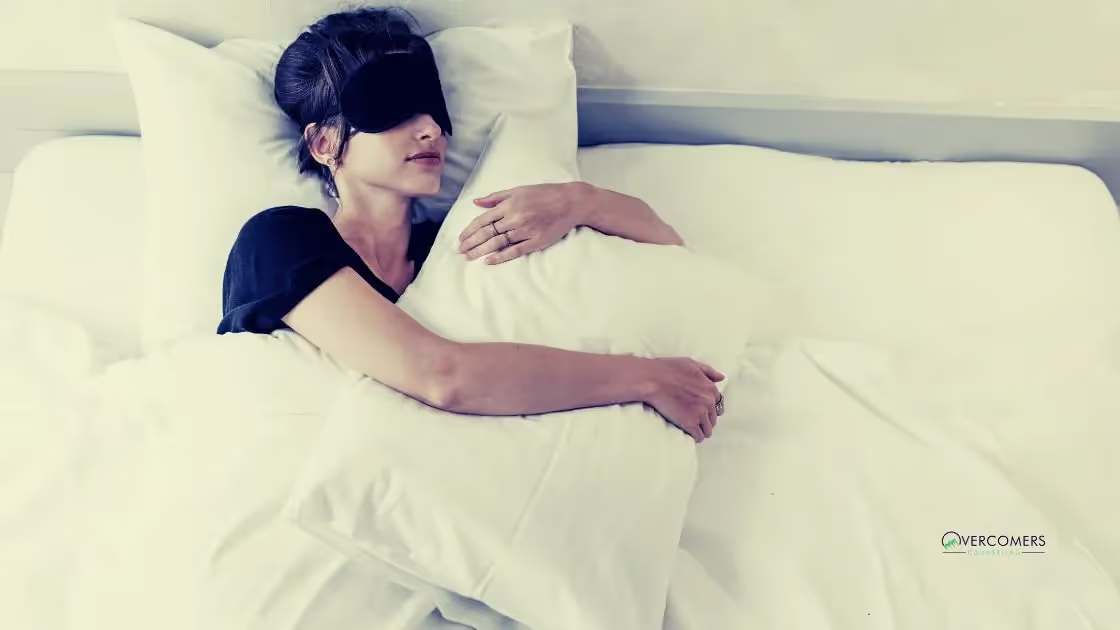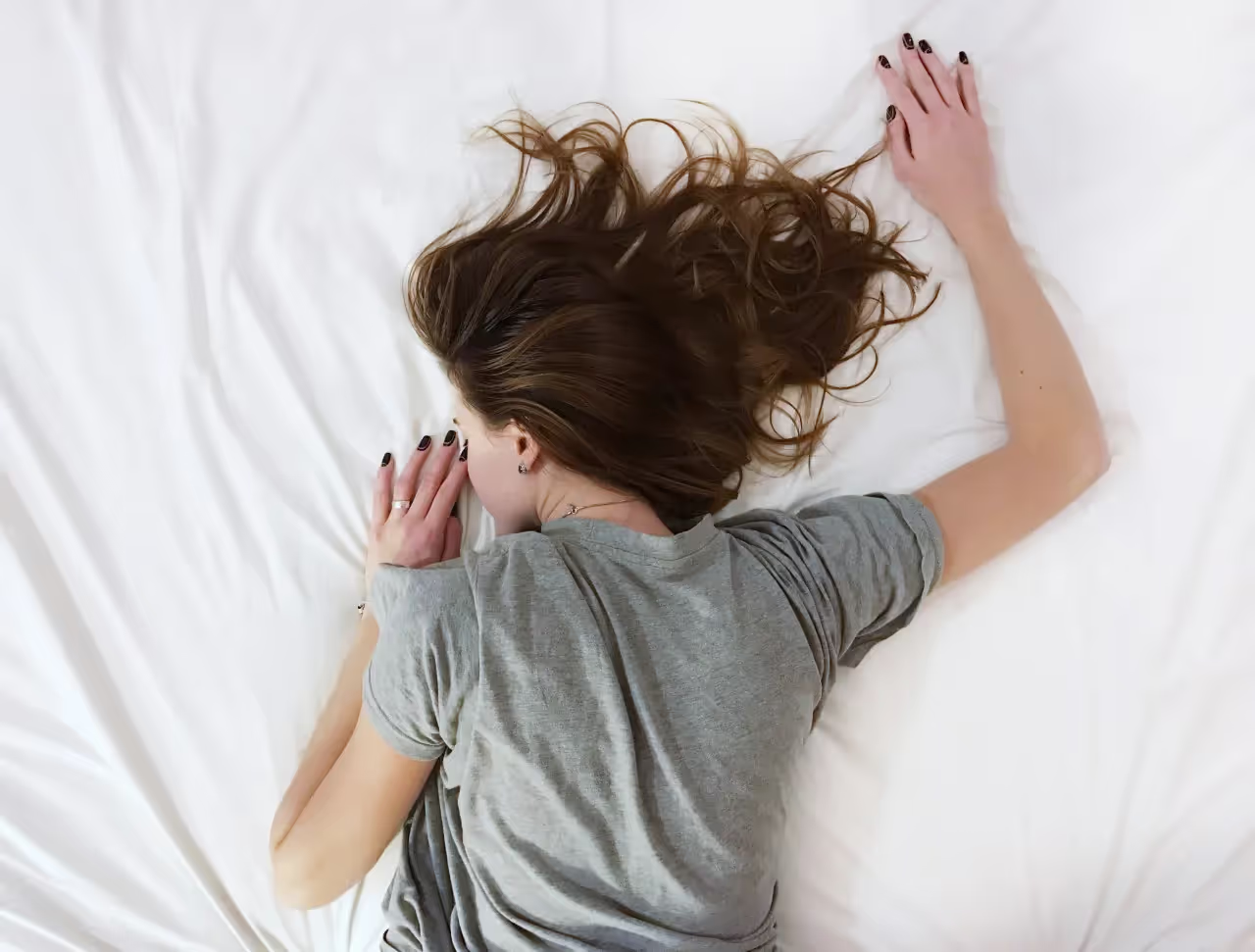Sleep is an integral part of our daily lives.People with autism generally suffer from difficulty sleeping.A great way to offer support for autism is to help...

Sleep is an integral part of our daily lives.People with autism generally suffer from difficulty sleeping.A great way to offer support for autism is to help autistic people sleep better.A bedtime routine is another tip that can help autistic people sleep better.Most people with autism enjoy and benefit from predictable routines.Try to create a bedtime routine that will be easy to maintain to get better sleep.Prolonged body movement is an excellent way to expend energy.Disruptions to an autistic person's natural circadian rhythm could affect their sleep quality.Having active days will likely improve sleep quality.A person's sleep environment affects their sleep quality.Since autistic people have specific sensory needs, the sleep environment is even more critical.Giving consideration to the visual, auditory, and tactile stimulation of an autistic person can help autistic people sleep better.You can find tips to help autistic people sleep better below:
People with autism usually benefit immensely from having routines in their lives.A good area of life to have a routine is sleeping.A great tip to help autistic people sleep better is to create and maintain a bedtime routine.Consider how you can create a good bedtime routine that the body can get accustomed to.The secret to a great bedtime routine is to apply consistency and predictability to the routine. This will usually involve the same set of activities in the same place at similar periods.For example, this might be having a bath, cleaning teeth, changing clothes, and reading a story before sleeping in the same room or any other routine.Try to remember to pay close attention to the activities you perform and want to include in your bedtime routine.Stopping or reducing stimulating activities one hour before sleeping would help create a more effective bedtime routine.For non-verbal autistic people, having posters, pictures, and visual aids might help to communicate the bedtime routine.Although creating a bedtime routine might be a challenge for some autistic people, it helps to improve sleep quality in autistic people.The bedtime routine also helps some autistic people to feel relaxed and ready to sleep after their sleep routine.Changes to the bedtime routine might affect sleep.
It is common for autistic people to experience some difficulty sleeping.This difficulty is typically struggling to fall asleep, struggling to remain asleep, or both.An excellent tip to help autistic people sleep better is to have active days.Circadian rhythm is the way the body regulates sleep.Several factors contribute to the circadian rhythm.One of the most significant factors that affect the circadian rhythm of an autistic person is the amount of time spent in the day.Exposure to light during the day signals the body to be awake, and the dark stimulates sleep in the body.There is a balance to how the circadian rhythm is formed.For instance, an autistic person who constantly stays in without light might disrupt their circadian rhythm.Physical activities that involve prolonged movement and expel energy also help sleep quality.Being active is crucial for quality sleep.Having more active days will likely make a big difference in the sleep habits of an autistic person.
The sensory needs of an autistic person might be the cause of sleep challenges.A great way to help autistic people sleep better is to create a comfortable sleep environment.A comfortable sleep environment for an autistic person would involve catering to their sensory factors.You might want to reconsider the visual stimulation in the sleeping environment.For instance, consider the use of muted colors on the wall and blackout curtains.It might also help to eliminate screens in the bedroom.People with autism are typically very sensitive to sound.Auditory stimulus needs should also be properly considered to create a comfortable sleep environment.You could consider using a sound machine to adjust the sound in the room or soundproofing the room.Other sensory factors are to consider, such as temperature, light, texture, and smell.The slightest change to the sleep environment could make a difference.To create the right sleep environment for an autistic person, it is important to remember that each autistic person has specific sensory needs.

A person with autism can struggle with sleeping due to their diet.The diet of an autistic person can play a large part in their sleep pattern.Eating the proper amount of food and drinks at the right time can improve sleep quality.Another factor that affects the sleep quality of an autistic person is the amount of caffeine or sugar in their diet.You can address the sweets and sugar in your regular diet.It would help to avoid caffeine, sugar, and other similar drinks or meals before bedtime.Being hungry could also affect the sleep quality of an autistic person.Some people with autism struggle with recognizing or communicating they are hungry.It might help to have a diet scheduled to ensure dietary needs.Making dietary adjustments is an excellent method to help autistic people sleep better.This typically will involve monitoring food and drink intake.Dietary changes will allow an autistic person to relax and sleep better.
Poor sleep or difficulty sleeping can seriously impact a person's life.Autistic people are likely to have sleep problems, including difficulty falling asleep, poor sleep quality, waking up at intervals, and generally poor sleep.People with autism might suffer severe health and life impacts from poor sleep.A great tip to help autistic people sleep better is to have a regular bedtime.The first thing to do is to select the best time to go to bed.You could consider when to start your day and how much sleep is necessary.Your daily routine will also factor into your bedtime.Selecting the right bedtime is a You would have to consider the time you haveTry to consider the time you naturally feel sleepy when deciding on your bedtime.To change your bedtime, it is essential to use incremental, small changes.Eventually, you will become predisposed to sleeping at a specific time.
Some autistic people struggle particularly with sleep difficulties.The lack of sleep or poor sleep could negatively influence the life of autistic people.A great way to provide support for autism is to help autistic people sleep better by keeping a consistent bedtime routine, making dietary adjustments, having a comfortable sleep environment, having active days, and having a regular bedtime.
https://www.elemy.com/studio/autism-family-guide/autism-sleep-tips/
https://beaminghealth.com/article/expert-tips-to-help-your-autistic-child-sleep-better
https://raisingchildren.net.au/autism/health-wellbeing/sleep/sleep-for-children-with-asd
https://livingautism.com/autism-and-sleep-ten-possible-strategies/
https://www.autism.org.uk/advice-and-guidance/topics/physical-health/sleep/autistic-adults
No, we provide counseling (talk therapy) and medication management for individuals with Autism or those who may have Autism. However, if you require a formal evaluation involving comprehensive testing, we recommend consulting a Psychologist.